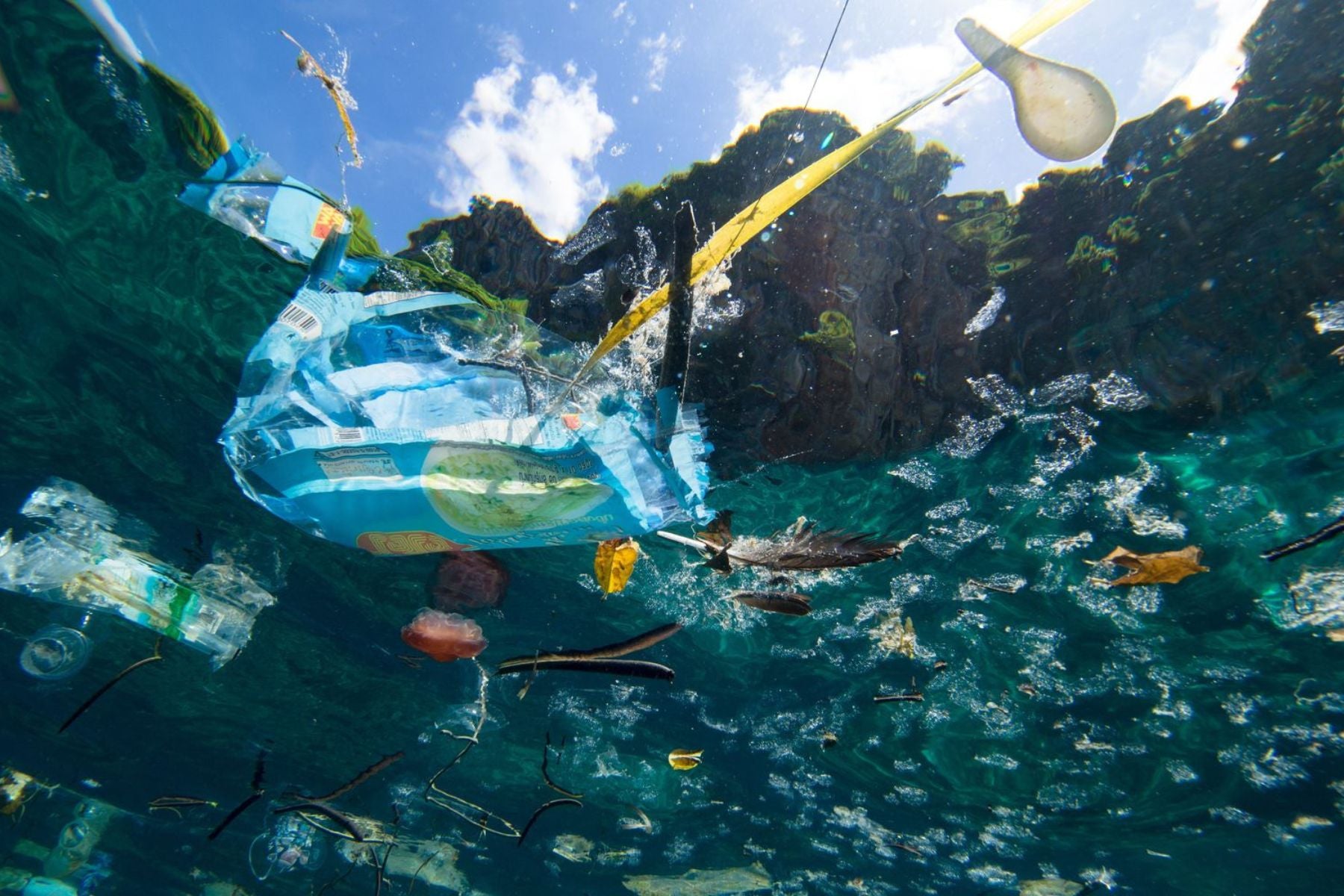
Plasticosis: Understanding the Plastic Epidemic and Exploring Its Solutions
In recent times, the world has witnessed an alarming rise in the production and consumption of plastic materials. Plastic has become an integral part of our lives, it offers convenience and versatility. But, this widespread use comes at a significant cost. The excessive accumulation of plastic waste in our environment has given rise to a global crisis.
Environmental pollution, one of the most prominent problems nowadays, affects all living beings' lives. Scientists have recently discovered a new disease called 'plasticosis', which affects seabirds.
- Birds that died after eating plastic were discovered to have intestines with deformities
- Plasticosis, a condition where plastic causes inflammation in the digestive tract, is identified as the cause by scientists.
- The disease affects young birds as well, as their parents feed them plastic.
Understanding Plasticosis
 Plasticosis refers to the detrimental effects caused by the proliferation of plastic waste in our ecosystems. Plastic is a synthetic material that is non-biodegradable and takes hundreds of years to decompose. Consequently, discarded plastic waste accumulates in landfills, rivers, oceans, and even reaches remote areas, causing severe environmental damage. This plastic pollution poses a threat to wildlife, marine life, and ecosystems, leading to the disruption of ecological balance.
Plasticosis refers to the detrimental effects caused by the proliferation of plastic waste in our ecosystems. Plastic is a synthetic material that is non-biodegradable and takes hundreds of years to decompose. Consequently, discarded plastic waste accumulates in landfills, rivers, oceans, and even reaches remote areas, causing severe environmental damage. This plastic pollution poses a threat to wildlife, marine life, and ecosystems, leading to the disruption of ecological balance.
'Plasticosis' is a condition caused by the ingestion of small plastic fragments, leading to inflammation in the digestive tract. This persistent inflammation results in scarring and deformity of the tissues, affecting growth, digestion, and survival.
A study by several environmental scientists represents the first investigation of stomach tissue in this context, highlighting the severe damage that plastic consumption can inflict on the sea birds' digestive system.
Even though plasticosis has only been identified in one species till now, the extent of plastic pollution suggests it may be considerably more common. It might even be affecting human beings.
The Impact of Plasticosis
- Environmental Impact
We all know that plastic waste contaminates soil, water bodies, and air, degrading habitats and causing harm to a wide range of species. Animals may ingest or become entangled in this plastic debris, leading to injuries, suffocation, or death. Moreover, microplastics, small plastic particles, find their way into the food chain, potentially harming organisms at various levels.
- Human Health Concerns
For now, the long-term effects of plasticosis on human health are still being researched. However, studies indicate that plastic pollution can have detrimental consequences on human beings. Published in the Journal of Hazardous Materials, the study reveals that plasticosis affects the physical structure of the proventriculus. As the exposure to plastic increases, the tissue becomes more swollen gradually until it begins to break down. When a bodily part is continually inflamed, there is an excessive amount of scarring that restrains the wound from healing naturally, which results in several disorders.
Plastic containers and bottles may release harmful chemicals, such as BPA and phthalates, which can reach food or beverages and disrupt hormonal balance. Microplastics have also been found in drinking water, salt, and even in the air we breathe, raising concerns about their potential health impacts.
- Economic Consequences
The plastic crisis has economic implications as well. Cleaning up plastic waste, maintaining waste management infrastructure, and dealing with the consequences of plastic pollution incur substantial costs. Additionally, the tourism and fishing industries may suffer as the attractiveness and productivity of affected area downdrift. Plasticosis also increases challenges to achieving sustainable development goals.
Solutions to Combat Plasticosis
- Reduce Plastic Consumption
As individuals, we can actively try to reduce our plastic usage by adopting a more sustainable lifestyle. This includes opting for reusable alternatives such as cloth bags, metal water bottles, and glass containers. Proactively avoiding single-use plastics, recycling diligently, and supporting businesses like Doodlage that create long-lasting, stylish and sustainable dresses India while significantly minimizing plastic waste.

- Promote Recycling & Circular Economy
Governments and industries can invest more in improving waste management infrastructure and establish effective recycling systems. Implementing policies that will encourage the use of recycled plastics in manufacturing processes can help us create a circular economy, reducing the demand for virgin plastics and diverting plastic waste from landfills.
- Embrace Sustainable Fashion

The fashion industry is one of the largest contributors to plasticosis, with its heavy reliance on synthetic fibers, single-use packaging, and fast-fashion practices. However, embracing sustainable fashion practices presents a tangible solution to combat this crisis. For instance, our ecovera collection consists of clothes made from Recycled Poly Chiffon fabrics, which are crafted from discarded ocean plastic. Each top in the collection is created using approximately 10 plastic bottles, while each dress is made from around 20 plastic bottles. These bottles are recycled and transformed into printed poly chiffon fabric. You can find these zero waste clothes online on our website.

- Raise Awareness & Education
Educating every community about the environmental impact of plastic waste and promoting responsible consumption and waste management practices is important to curb the plastic pollution. Awareness campaigns, school programs, and media initiatives can play a significant role in promoting positive behavioural changes and create a collective sense of responsibility towards mitigating plasticosis.
The Bottom Line
Plasticosis presents a multifaceted challenge that requires collective action from individuals, governments, industries, and organizations.
By adopting eco-friendly materials, embracing circular fashion, and making conscious choices as consumers, we can mitigate the harmful effects of plasticosis.






Leave a comment
This site is protected by hCaptcha and the hCaptcha Privacy Policy and Terms of Service apply.